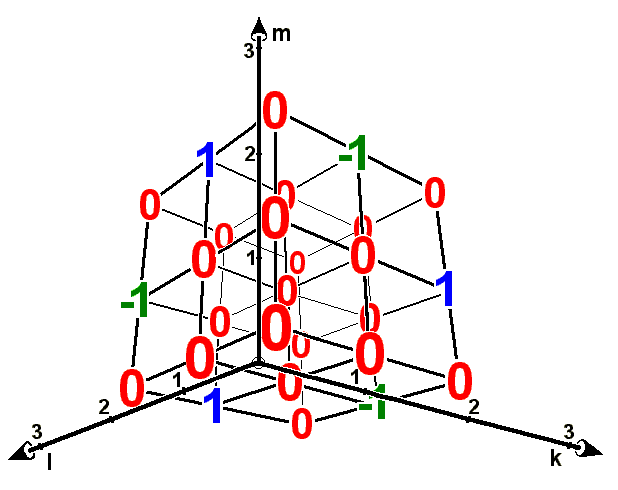This week’s commentary by David Michael Phelps cites a University of Chicago study showing “that seventy-six percent of physicians believe in God, and fifty-five percent say their faith influences their medical practice.”
Another new study by Rice University sociologist Elaine Howard Ecklund “surveyed 1,646 faculty members at elite research universities, asking 36 questions about belief and spiritual practices.” Ecklund’s survey covers a variety of scientific disciplines, and as the LiveScience report puts it, “Those in the social sciences are more likely to believe in God and attend religious services than researchers in the natural sciences, the study found.”
What follows is a bit of an understatement: “The opposite had been expected.”
The results of the survey broken down between natural and social sciences are as follows: “Nearly 38 percent of natural scientists — people in disciplines like physics, chemistry and biology — said they do not believe in God. Only 31 percent of the social scientists do not believe.” So in both groups the majority believes in God, but it is a larger majority in the social sciences.
One of the reasons that a differing result “had been expected” may be that the subject matter of the “hard” or natural scientists seems to point more directly and clearly to the existence of a Creator. Theologians, in fact, have often understood things like numbers and stars to have been least affected by the Fall. That is, these parts of creation suffered the least “blurring” of the line implying a Creator from the creature.
As Dietrich Bonhoeffer writes of what he calls “the fixed” when commenting on Genesis 1:6-10, “It is characteristic that those works of creation which are most distant and strange to us in their fixedness, immutability and repose, were created in the beginning. Unaffected by human life the fixed world stands before God, unchangeable and undisturbed. An eternal law binds it. This law is nothing but the command of the Word of God itself.” So “the stars go their way, whether man is suffering, guilty or happy. And in their fixedness they praise the Creator.”
But while “the stars do not take part in man’s existence,” it is true that “man participates in the world of the fixed.” It is this participation that corresponds to the realm of the natural sciences. Bonhoeffer writes that man “knows number. Given to men in the middle is the knowledge of number, of the immutable and the fixed which is apparently not involved in the fall.”
Yet given the reality of the Fall and its effect on human beings, we begin to see a theological explanation for why so many of those who are so directly and daily engaged in the study of “the fixed” can nevertheless remain ignorant of God’s existence. According to Bonhoeffer, “although man knows number and its secret he no longer knows that even number, which determines days, years and seasons, is not self-contained, that it too rests only upon the Word and command of God.”
 For “number is not itself the truth of God. Like everything else, it is his creature and it receives its truth from the Creator. We have forgotten this connexion.” In addition to corruption of the will and passions, the Canons of Dort state that man “brought upon himself blindness, terrible darkness, futility, and distortion of judgment in his mind” (III/IV, 1). It is this darkness of mind that makes the natural revelation present in the fixed order inadequate for full and saving knowledge of God.
For “number is not itself the truth of God. Like everything else, it is his creature and it receives its truth from the Creator. We have forgotten this connexion.” In addition to corruption of the will and passions, the Canons of Dort state that man “brought upon himself blindness, terrible darkness, futility, and distortion of judgment in his mind” (III/IV, 1). It is this darkness of mind that makes the natural revelation present in the fixed order inadequate for full and saving knowledge of God.
Paul writes in Romans 1, “The wrath of God is being revealed from heaven against all the godlessness and wickedness of men who suppress the truth by their wickedness, since what may be known about God is plain to them, because God has made it plain to them. For since the creation of the world God’s invisible qualities—his eternal power and divine nature—have been clearly seen, being understood from what has been made, so that men are without excuse. For although they knew God, they neither glorified him as God nor gave thanks to him, but their thinking became futile and their foolish hearts were darkened. Although they claimed to be wise, they became fools and exchanged the glory of the immortal God for images made to look like mortal man and birds and animals and reptiles” (vv. 18-23 NIV).
To find an explanation for why so many natural scientists can be atheists, Bonhoeffer says what we must realize is “because we no longer understand number in its primary meaning we no longer understand the language of the fixed world. What we comprehend is the godless language we speak ourselves, the language of an eternal law of the world resting in itself, silent about the Creator and boasting about the creature.”

